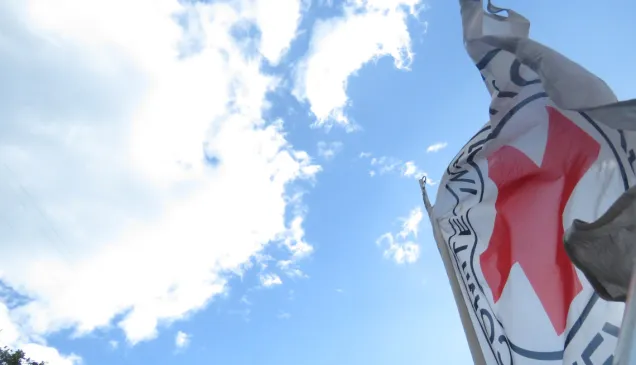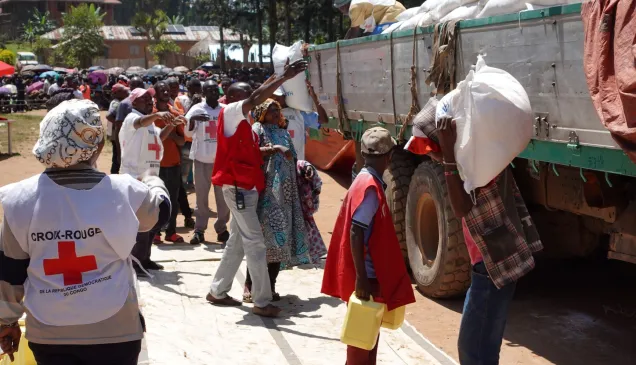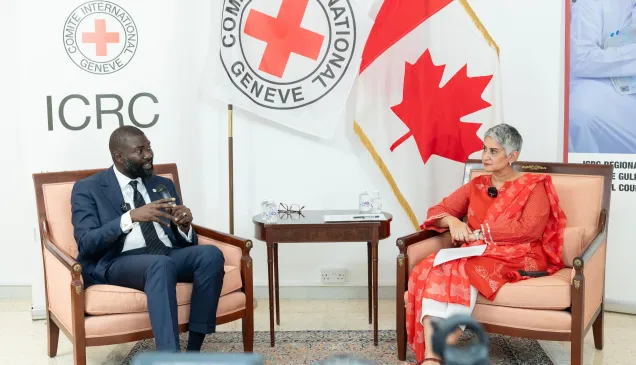Manila (ICRC) – Over 60 years after ratifying the Geneva Conventions, the Philippines has achieved much progress in implementing international humanitarian law (IHL). The country is showing its commitment to further strengthening legal protection for victims of armed conflict by moving forward with a bill protecting the rights of internally displaced persons (IDPs), which is currently pending approval by Congress.
"Discussing IHL and armed conflicts in the Philippines is not just an academic discussion but an unfortunate reality. Over the years, cycles of armed violence have resulted in casualties and displacement," said Sari Nissi, head of delegation ad interim of the ICRC in the Philippines. "The passage of the IDP bill will pave the way for improving the protection of the lives and dignity of displaced individuals and families."
The Philippines ratified the four Geneva Conventions in 1952, and later their three Additional Protocols. Domestic implementation through Republic Act (RA) 9851 of 2009 is a concrete illustration of the country's efforts to fulfill its international obligations under IHL. RA 9851 gives IHL clarity by identifying specific violations – such as attacks on civilians or medical personnel – and setting out corresponding penalties for such violations.
IHL Month is celebrated each year in August throughout the Philippines as a reminder to all stakeholders of the importance of the law and the need to strengthen its domestic implementation. Beyond promoting IHL, also known as the law of armed conflict, the ICRC marked this year's celebrations by:
- organizing IHL training for prosecutors, in cooperation with the Department of Justice;
- supporting IHL training sessions organized by members of the country's ad hoc IHL committee;
- carrying out IHL forums with officers of the Philippine Navy and the Philippine Air Force;
- facilitating a workshop on IHL with commanders of the Moro Islamic Liberation Front;
- conducting forums on IHL and its convergence with Islamic law for students of the University of the Philippines' Institute of Islamic Studies and Western Mindanao State University's (WMSU) College of Asian and Islamic Studies, and with Muslim scholars and clerics in Davao and Zamboanga;
- turning over IHL reference materials to the Bangsamoro Leadership and Management Institute and WMSU.
"Activities like these will help build a deeper understanding of the laws that apply in armed conflict, enhance protection for those who are not, or no longer, participating in the hostilities and limit the use of violence," Nissi said.
As part of its mandate to protect and assist victims of armed conflicts and other situations of violence, the ICRC widely promotes the rules of IHL and humanitarian principles. The ICRC has been working in the Philippines since the Second World War.
For further information, please contact:
Jesse Edep, ICRC Manila, tel: +63 998 960 0122
Wolde-Gabriel Saugeron, ICRC Manila, tel: +63 918 907 2125



